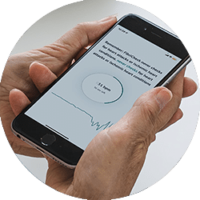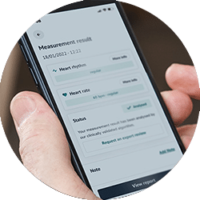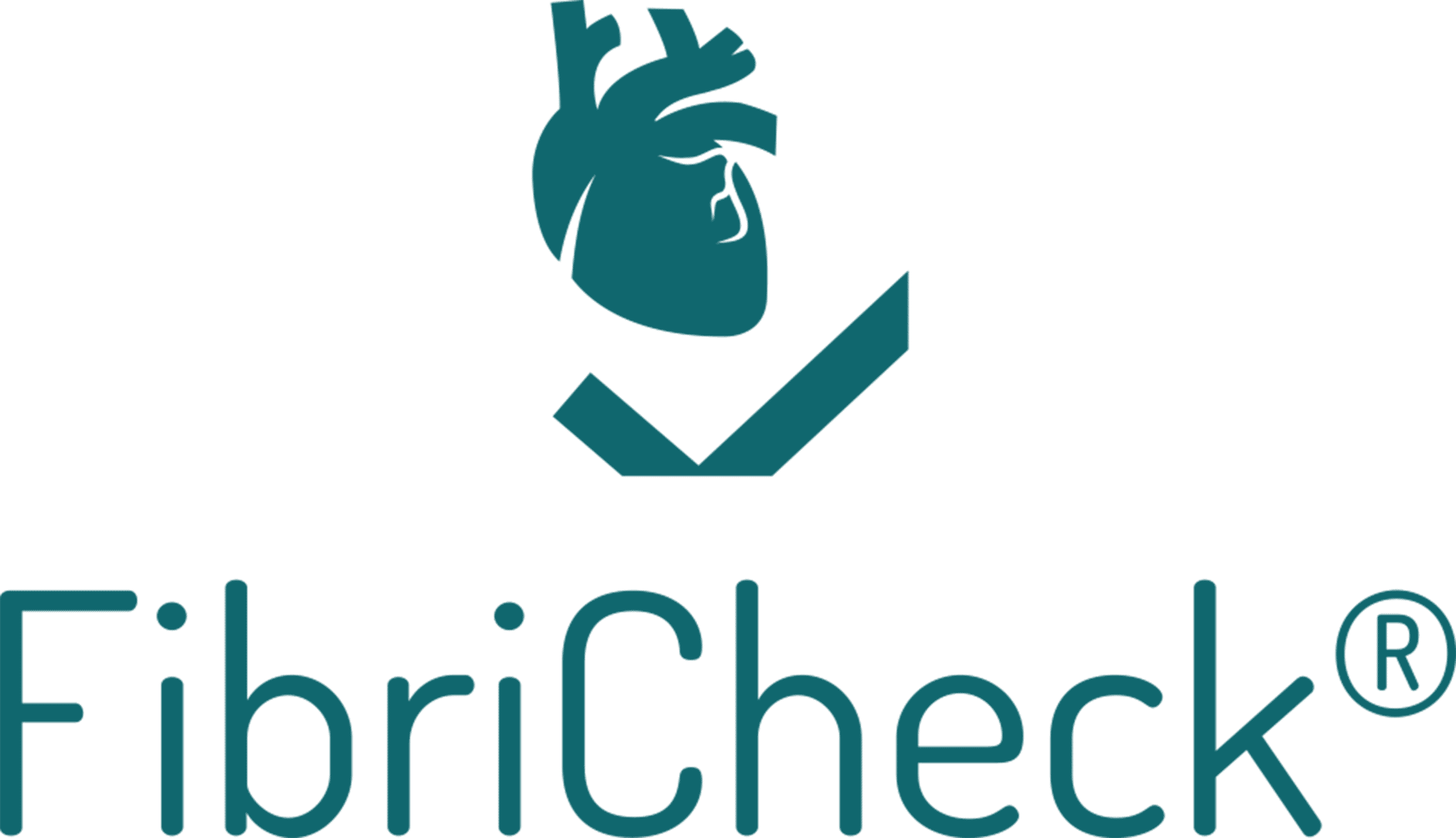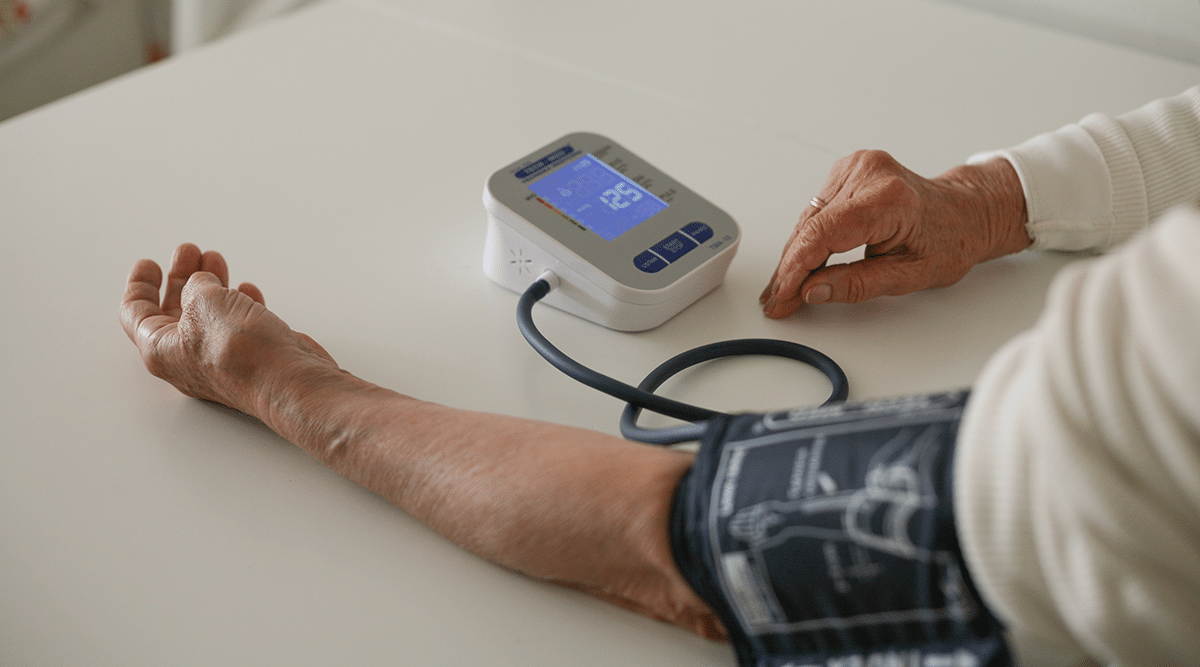The clinically validated* HARMS2-AF risk calculator evaluates the contribution of lifestyle factors to the risk of getting atrial fibrillation, one of the most common heart rhythm disorders that increases your risk of suffering a stroke.
*Source: Louise Segan et al., “New-onset atrial fibrillation prediction: the HARMS2-AF risk score,” European Heart Journal, vol. 44, no. 36, pp. 3443–3452, 21 September 2023, https://doi.org/10.1093/eurheartj/ehad375
The impact of lifestyle factors on your heart health
Sleep apnea and atrial fibrillation
Snoring and frequently gasping for air while you’re sleeping may point to sleep apnea, a common health condition which may…
Alcohol and its effect on your body
Alcohol consumption is a deeply ingrained part of many social traditions and cultures around the world. From a glass of…
How exercise has a positive impact on your heart health
Exercising on a regular basis. It is one of the best things you can do to improve your health. Not…
The connection between high blood pressure, an irregular heart rhythm and stroke
Your blood pressure measures the pressure of the blood against the walls of the arteries as the heart is pumping…
Use FibriCheck to detect and monitor an irregular heart rhythm, such as atrial fibrillation



More information
The HARMS2-AF risk test calculates a weighted risk score to predict the likelihood of experiencing atrial fibrillation. The risk test includes hypertension, age, raised BMI, male sex, sleep apnoea, smoking, and alcohol consumption. The maximum score on the test is 14.
The results on the test are broken down into the following categories based on the AF probabilities from the research analysis:
- Score 0: No increased risk of getting atrial fibrillation.
- Score 1-4: Slightly increased risk of getting atrial fibrillation. Your risk is two times higher compared to people without risk factors.
- Score 5-9: Increased risk of getting atrial fibrillation. Your risk is twelve times higher compared to people without risk factors.
- Score 9-14: Highly increased risk of getting atrial fibrillation. Your risk is thirty-eight times higher compared to people without risk factors.
Based on your risk score, it’s advised to manage your risk factors and follow up your heart rhythm with FibriCheck.





